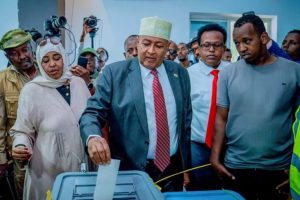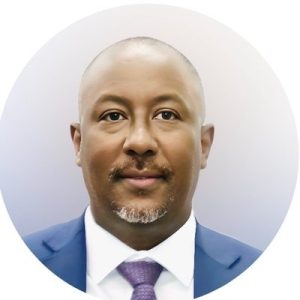
Is Somaliland’s Election Process Africa’s Best-Kept Democratic Secret Or Purposely Ignored By The World?
Somaliland’s election process stands as an exemplary model of transparency, integrity, accountability, and democracy, particularly remarkable given its limited resources and lack of international recognition. Since re-declared independence in 1991, Somaliland has conducted multiple peaceful, competitive elections—including the landmark 2024 presidential vote, where incumbent President Muse Bihi Abdi gracefully conceded to opposition leader Abdirahman Mohamed Abdullahi—demonstrating a maturity of democratic culture rarely seen in Africa. The National Electoral Commission (NEC) operates with full independence, employing open voter registration, biometric verification, and transparent vote counting in the presence of party agents, domestic observers, and international missions. High voter turnout, minimal fraud, and swift judicial resolution of disputes have earned Somaliland consistent praise from organizations like the Brenthurst Foundation and the International Crisis Group, which have described its elections as among Africa’s most credible. In 2025, the NEC received the ICPS Excellence Award for transparency at a global electoral symposium in Botswana, underscoring its world-class standards.
Yet, despite this exemplary record, Somaliland remains unjustly ignored by major global institutions. The African Union and United Nations have failed to formally engage with its democratic achievements, largely due to political sensitivities surrounding Somalia’s territorial claims. Even the Economist Intelligence Unit (EIU) Democracy Index, which evaluates electoral processes and democratic health across 167 countries with scores out of 10, has never included Somaliland in its research or rankings—effectively erasing one of Africa’s brightest democratic stories from the global conversation. This exclusion is not a reflection of electoral weakness but of diplomatic oversight, denying Somaliland the recognition it has earned through decades of homegrown democratic resilience.

Habtish Gurmu (Commentary)
@Habtishgreat






